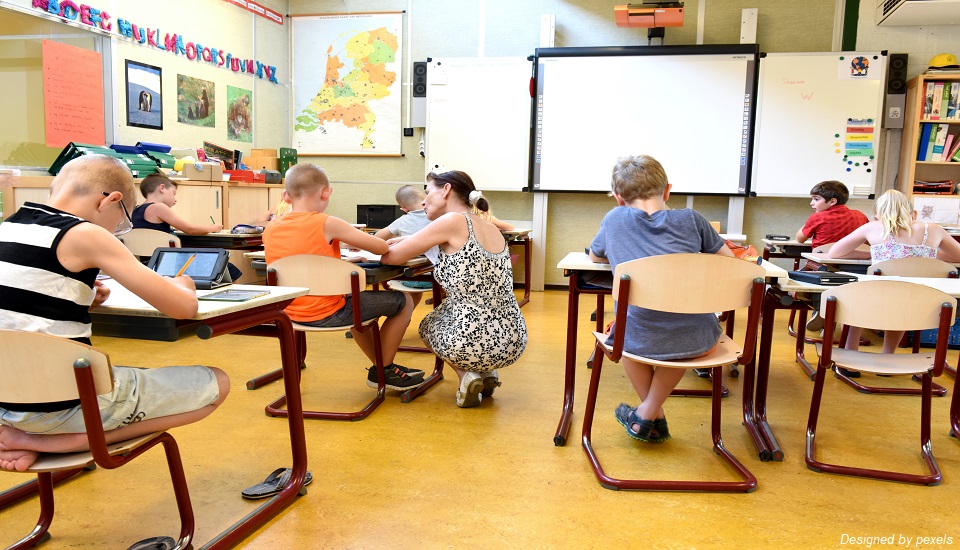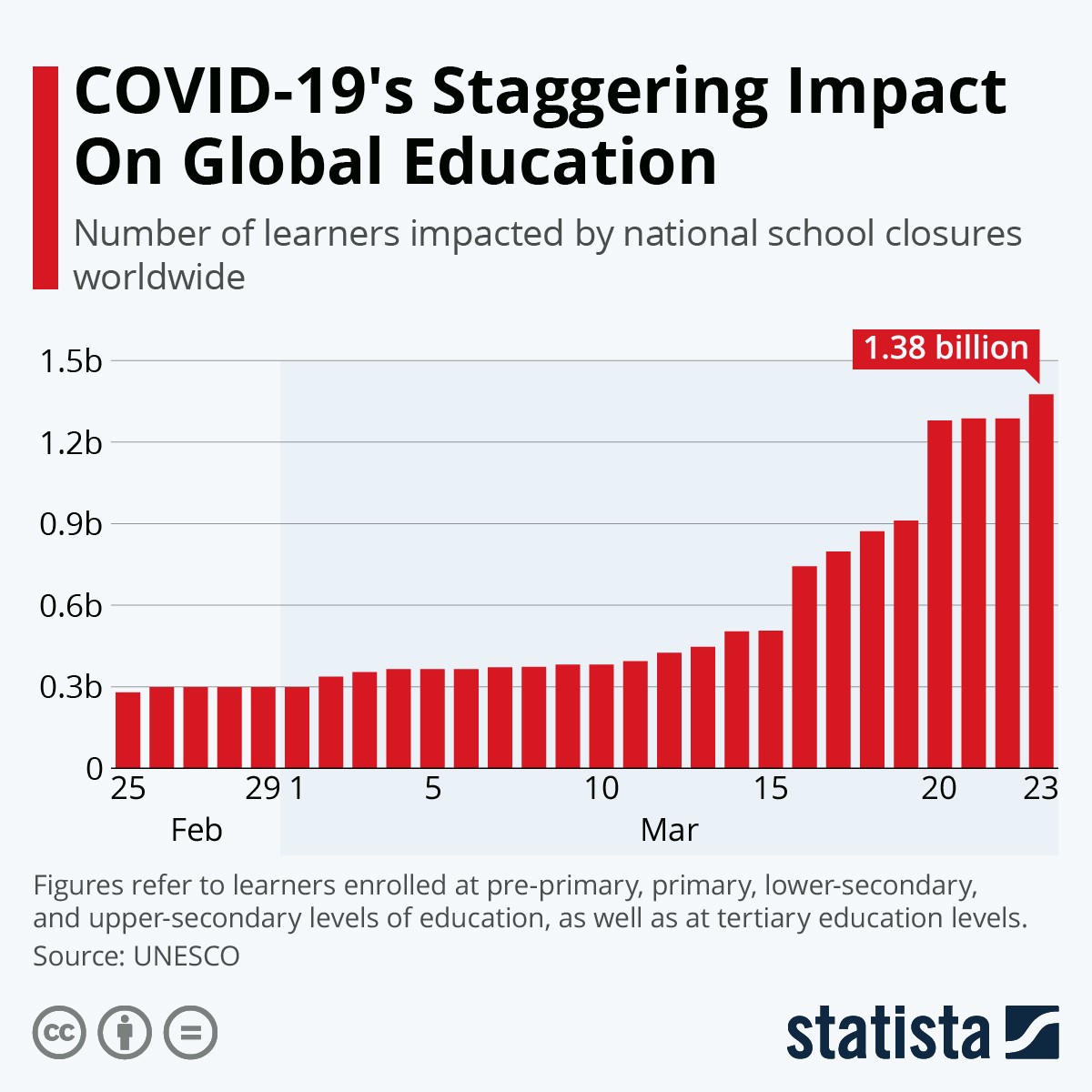Strategies for Facilitating Gen Z Student Success and Post-Pandemic Recovery in International Education
13th March 2023

The global pandemic has forced the international education sector to move online, with many programs now offered virtually. This has had a significant impact on Gen Z students, who are the first generation to grow up with constant access to digital technology.
There is a growing need for online B.Ed. in Primary and Secondary Education programs that can provide students with the skills and knowledge they need to succeed in a virtual learning environment. These programs must be designed to meet the specific needs of Gen Z students and help them recover from the pandemic.
One of the most important sectors, which have suffered more, is the education sector. According to Statista, almost 1.38 billion learners have suffered because of the pandemic.

In addition, if you are an enthusiastic Primary and Secondary Teacher who wants to learn upgraded and modern teaching techniques then we do recommend our online B.Ed. in Primary and Secondary Education course, which will definitely help you in your teaching journey.
Now without waiting any further, let’s get to know strategies for facilitating Gen Z student success and post-pandemic recovery in the international education sector.
The Impact of the Pandemic on Gen Z Students in International Education:
The pandemic has drastically affected Gen Z students and in the overall international education sector, due to the sudden shift to virtual learning. Gen Z students are accustomed to the use of technology but have had to adapt to an online learning platform quickly. Many have had difficulty adjusting to a new way of learning and are struggling to keep up with classes, assignments, and exams.
Furthermore, the lack of physical interaction and socialization can lead to a feeling of isolation for Gen Z students. This can also affect their mental health and create a sense of anxiety as they try to manage their studies and personal lives. This can further hinder their learning and performance.
Strategies for Supporting Gen Z Students During and After the Pandemic:
There are several strategies that educators can use to support Gen Z students during and after the pandemic. First, educators should create a student-centered learning environment. This can include providing students with the opportunity to connect with their peers, as well as providing one-on-one support and guidance.
Educators should also ensure that activities are accessible and engaging, as this will ensure that Gen Z students stay motivated and engaged in their academics. Universities should also find ways to increase access and participation in virtual programs, such as offering asynchronous learning options that allow students to participate when it is convenient for them.
Additionally, universities should provide support services, such as mental health counselling, to help students through challenging times.
Creating a Support System for Gen Z Students in International Education Sector:
It is crucial for the international education sector to create a support system for Gen Z students. This can include setting up a system for students to seek out help whenever needed, such as having a mentor, professor, or peer available to answer questions. Programs should also provide online resources, such as webinars, tutorials, and writing assistance, to help students succeed.
Furthermore, programs should provide students with mental health resources and services, as many Gen Z students are struggling with anxiety and other mental health issues due to the pandemic.
Finally, programs should create a sense of community among students and provide social activities, such as clubs or student forums, to help foster meaningful connections.
The Role of Educators in Gen Z Students' Success in the International Education Sector:
Educators play an important role in Gen Z students' success in the international education sector. Educators need to be aware of the needs of their students and be proactive in addressing them. They should create a supportive and encouraging learning environment, tailor their curriculum to the needs of their students, and provide help and resources to students who are struggling.
Educators should also help prepare Gen Z students for the future, as well as foster their creativity and critical thinking skills. In addition, educators should motivate students to push their boundaries and take on new challenges so that they can reach their full potential. Finally, educators should encourage students to be resilient, as this is key to success in the post-pandemic era.
Final Thoughts
The Importance of Student-Centered Success Strategies in the international education sector. Gen Z students in international education face unique challenges due to the pandemic, and it is essential that educators create student-centered success strategies.
These strategies should include the creation of a supportive learning environment, a tailored curriculum, and access to mental health resources. In addition, educators should provide students with access to online resources and help prepare them for the future. Ultimately, these strategies will help foster the success of Gen Z students in international education, and provide them with the necessary tools to tackle the challenges that come with the post-pandemic era.
In case, if you’re an experienced or aspiring Primary or secondary teacher who’s looking to inculcate modern teaching techniques then we do recommend our online B.Ed. in Primary and Secondary Education course, which will surely help you in your teaching journey.
Written By: Sheetal Sharma